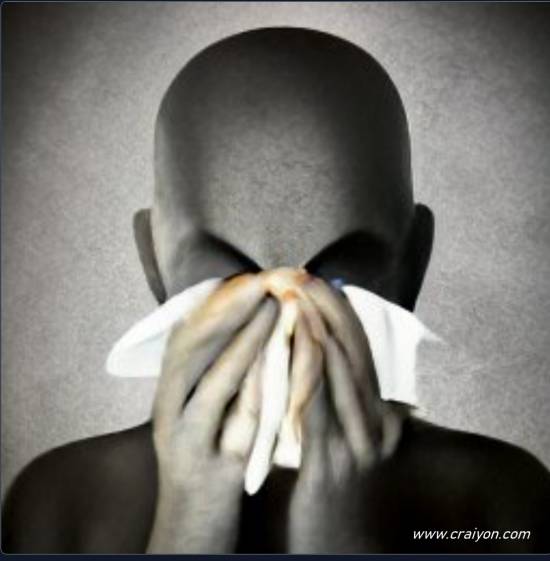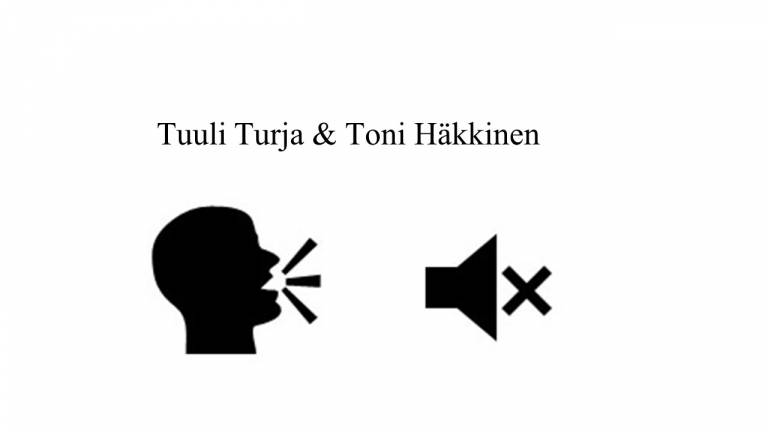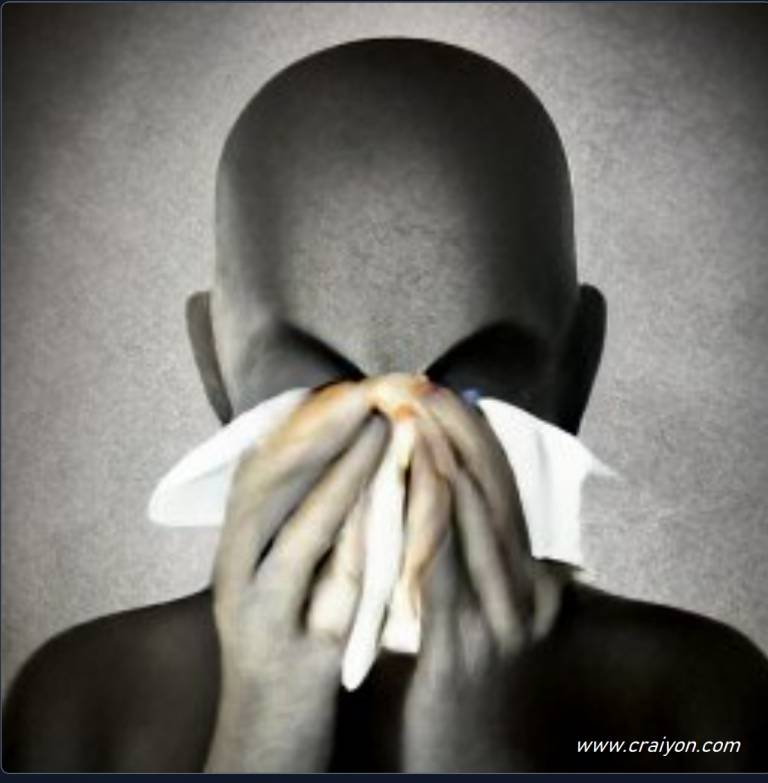Toxic personalities are defined as people who systematically behave in a way that will gradually weaken and drain other people mentally [1]. First mentions of toxic type of people describe these personalities as stressful, hostile and difficult for others to bear [2].
But wait. Personalities shouldn’t be presented categorically good or bad. I’m highly committed to holding a premise that every personality trait entails both positive and negative dimensions. So what are we talking about?
When toxic personality refers to personality disorders, or more precisely, “dark personalities” [3], the insinuation of a toxic person as a persona(lity) non grata is better rationalized. However, without a medical uniform criteria or diagnosis of its own, the term toxic personality is typically used by layman people giving their opinion of someone’s personality. These judgements are pretty common, too. In Kusy & Holloway’s study1, 94% of the working population reported about having experience of some kind of toxic personalities.
So because of the mismatch between the prevalence in labelling people toxic and the incidence rate of actual clinical dark personality diagnosis, the concept of toxic personality is mostly used to describe someone having a difficult and highly unpleasant personality. So, are these kinds of toxic personalities actually people your own personality clashes with? That would mean it is not a case of toxicity but allergy.
~~Allergy: Condition that causes you to react badly or feel ill when in contact~~
An allergy perspective emphasizes the fact that the person is not bad, per se, but maybe from another “mental tribe” of people… It is hard to connect with them, get along with them or even want to try to find common ground with them. There is definitely something wrong with their personalities when your own opinions are concerned but that does not define the persons – or their ability to be best friends with some other people.
The allergy hypothesis is more plausible than the damaged personality hypothesis also because, let’s face it, we are not perfect, none of us. In personality clashes, there is always a possibility of both of the parties leaving the interaction feeling the other one had something seriously wrong with them. For example, if you are a diplomatic, friendly and agreeable person you may expect others to be as considerate, optimistic and softly spoken as you are. However, the one who you may see as overly confident, loud and confrontative to the point of being offensive [4], might look at you back as someone expressing toxic positivity.
Maybe we should leave behind the toxic ways of labelling people toxic and acknowledge that it is a good thing that we are able to identify people we are mentally allergic to. If we see toxic people as actually just allergenic, we will judge less and find peace in understanding that there are different personalities in the world. If we find in our hearts to tolerate other personalities, we build a society where our own imperfections are tolerated, too.
Furthermore, if there weren’t difficult people who we don’t want to associate with, we would not know what friendship means either. Isn’t it awesome to have also those nice, our favorite kind of people who do not irritate us but empower us? You know you’ll do yourself a favor by staying away from allergens that give you a rash attack. It is time to accept that in addition to somatic allergens, we have social, personality-related allergens to avoid… if possible. I guess one thing that separates toxicity from allergy is that allergy you can manage and allergens you can choose to avoid. Toxic exposure and toxic people may be the kind that don’t ask for permission and are persistent and driven in ruining your day.
Can YOU make a difference between toxic and allergenic people?
*******************************************************
Picture is AI’s interpretation of a ”psychoallergic person”, generated by www.craiyon.com
[1] Kusy & Holloway, 2009
[2] Davenport, 1998; Davidson et al., 2006; Hansen, 1981
[3] Bellino et al., 2008
[4] O’Brien & DeLongis, 1996
Literature
Bellino, S., Paradiso, E., & Bogetto, F. (2008). Efficacy and tolerability of pharmacotherapies for borderline personality disorder. CNS drugs, 22(8), 671-692.
Davenport, G. M. (1998). Working with toxic older adults: a guide to coping with difficult elders. Springer Publishing Company.
Davidson, K. W., Trudeau, K. J., Van Roosmalen, E., Stewart, M., & Kirkland, S. (2006). Perspective: gender as a health determinant and implications for health education. Health Education & Behavior, 33(6), 731-743.
Hansen, P. A. (1981). Creative stress management for law enforcement and corrections. Creative Stress Management.
Kusy, M., & Holloway, E. (2009). Toxic workplace!: Managing toxic personalities and their systems of power. John Wiley & Sons.
O’Brien, T. B., & DeLongis, A. (1996). The interactional context of problem‐, emotion‐, and relationship‐focused coping: the role of the big five personality factors. Journal of personality, 64(4), 775-813.
Pourmohammad P, Imani M, Goodarzi MA, et al. (2021). Impaired complex theory of mind and low emotional self-awareness in outpatients with borderline personality disorder compared to healthy controls: a cross-sectional study. J Psychiatr Res. 2021;143: 445-450.






Kommentit